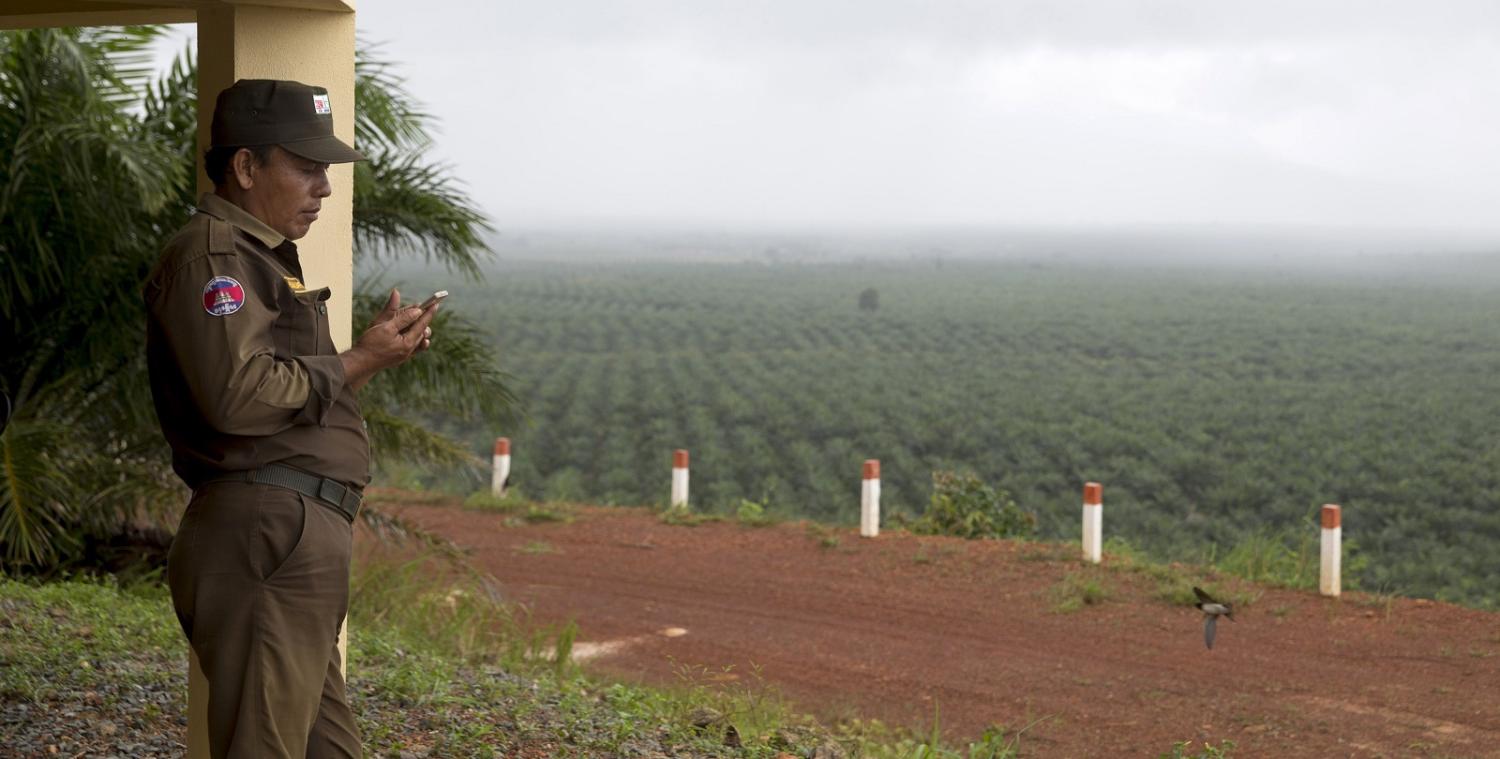- Brunei has launched a religious education app, Islamic Mind Brunei, created in collaboration with the Department of Islamic Education. The app was initially launched in Indonesia, and its founder describes it as a way to combat religious disinformation online, noting that ‘wherever it operates, it is accredited by that country’s (respective) Islamic body'.
- The Malaysian government has released the results of its study on the dissemination of false information via social media and messaging apps and claims 90% of smartphone users have fallen victim to false information. The authorities want Google, Facebook and Twitter to act to stem the flow of false information.
- Vietnam’s President Trần Đại Quang has called for tougher internet controls. This move may be related to the intrigue currently surrounding the leadership of the Communist party with Quang seeking to restrict his rivals’ ability to spread damaging information.
- The Cambodian government has demanded seven mobile network operators show they have registered their subscribers in accordance with regulations introduced last year to ‘prevent social disorder’. Cambodia’s police services have also announced they are monitoring Facebook for attempts to create a 'rebel movement against the government'. A recent survey of Cambodian internet users showed, perhaps unsurprisingly, that most participants thought this would have a chilling effect on free speech.
- A Malaysian couple’s wedding photos that show the bride and groom skateboarding in ceremonial dress have gone viral.
- China has taken its first action under its new cybersecurity law, penalising a Chongqing internet company for failing to keep logs of user activity.
- Telegram has returned to Indonesia after its ban last month. The Indonesian government's permission for the company to return includes various conditions, such as the appointment of an in-country representative and a process for filtering and blocking certain content, especially any relating to extremism.
- Also in Indonesia, Google has announced it will be working with authorities to introduce its 'Trusted Flagger' program, an initiative aimed at preventing the spread of offensive video content. This will be the first time the program will have been used in South East Asia.
- Xinhua’s widely derided video on India–China relations made huge news this week. The authorities appear to have taken note – a critical article on a party approved platform was removed and a new ‘sober’ version of the video made its appearance a few days later. In the meantime and in the fine tradition of animated news, India provided its own video in response.

